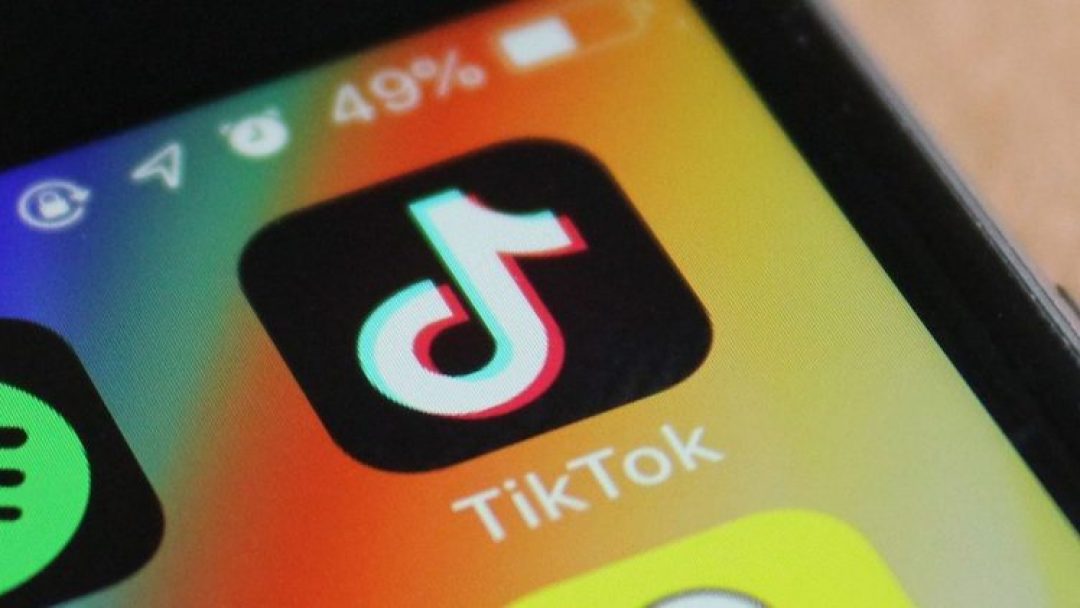In a landmark decision, the U.S. Congress has voted to impose a ban on the popular social media platform TikTok, sparking intense debates over privacy, data security, and national interests. The move comes amidst growing concerns about the potential misuse of user data and the platform’s ties to the Chinese government.
Lawmakers argue that TikTok, owned by the Chinese tech company ByteDance, poses a significant national security threat due to its data collection practices and its potential for facilitating espionage. The ban reflects a bipartisan effort to safeguard American citizens’ privacy and protect sensitive information from potential foreign interference.
The decision follows a series of investigations and hearings into TikTok’s data-handling practices, where Congress raised questions about the platform’s transparency and the extent of its cooperation with Chinese authorities. Concerns have been raised regarding the potential exploitation of user data for purposes beyond the scope of entertainment and social interaction.
While supporters of the ban emphasize the need to secure national interests and protect users, critics argue that such a move infringes on freedom of expression and unfairly targets a platform that has become a cultural phenomenon among younger generations.
TikTok, with its user-friendly interface and short-form videos, has gained immense popularity worldwide, boasting millions of active users. The ban, set to take effect in the coming months, will have significant implications for content creators, influencers, and the broader social media landscape.
In response to the ban, TikTok issued a statement expressing disappointment and asserting its commitment to user privacy. The company is exploring legal avenues to challenge the decision, claiming that the allegations are unfounded and that the ban unfairly singles out their platform.
As the debate rages on, the ban on TikTok raises broader questions about the intersection of technology, national security, and personal privacy in an increasingly interconnected world. The aftermath of this decision is likely to shape future discussions surrounding the regulation of social media platforms and their global impact.








